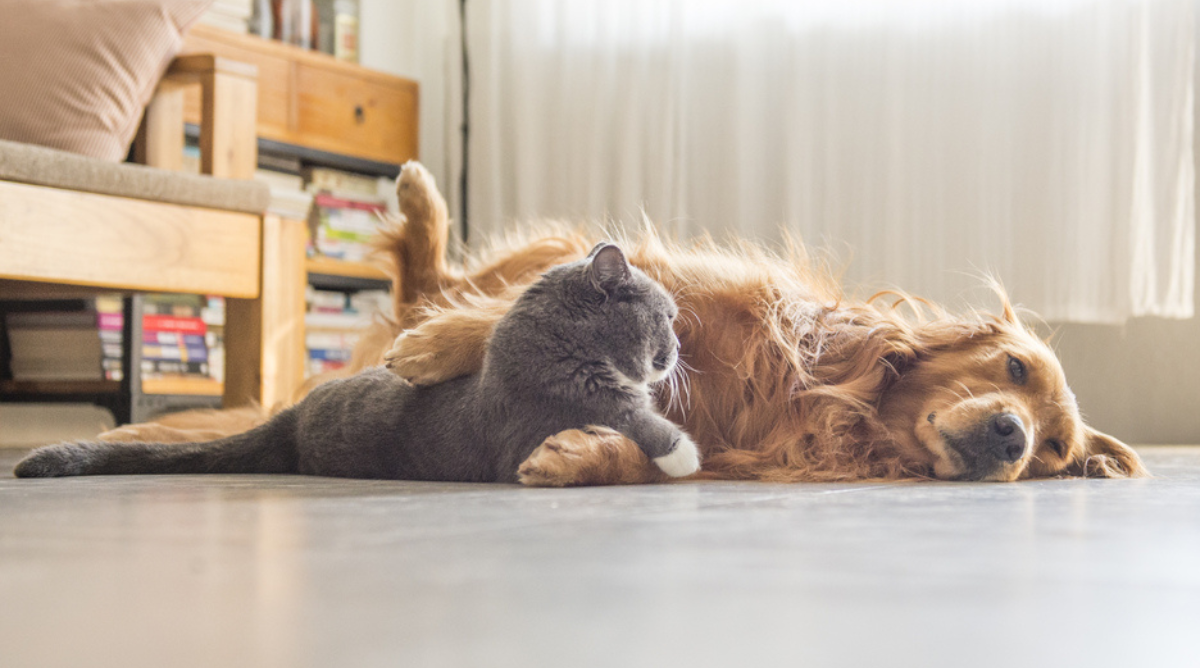Days
Hours
Minutes
Seconds
May 1 2026 - Renters' Right Act Commencement Day
You have 0 days to:
Serve any final Section 21 notices
Stop accepting above-asking rent offers
Prepare for the rental bidding ban
Remove “No DSS” from adverts
Remove “No Children” from listings
Show one clear rent price
Stop using fixed-term agreements
Switch to periodic tenancy templates
Check which tenancies go periodic
Stop taking rent before signing
Take no more than one month’s rent
Move all evictions to Section 8
Train staff on new notice rules
Create Section 13 process flow
Add two months to rent reviews
File court claims for Section 21s
Update landlord move-in grounds
Update landlord selling grounds
Send the RRA Information Sheet
Create written terms where missing
Update How to Rent processes
Review tenant screening questions
Update pet request processes
Stop backdating rent increases
Discuss rent protection backbooks
Act now before it is too late...
How to make the most of the post-lockdown boom in pet ownership
With the growth in pet ownership since the start of the pandemic, and the revised Model Tenancy Agreement making it easier for tenants to rent with pets, now is the time for your landlords to examine the benefits of allowing pets in their property, to appeal to this growing tenant base.
Suzy Lycett
Aug 19, 2020
On 28 January 2021, the government updated the Model Tenancy Agreement, to help tenants with "well-behaved pets" to be able to rent a property more easily. The new contracts allow pets as standard, and landlords will need to object in writing to pet requests from tenants, within 28 days, giving "good reason" for the objection. With the boom in pets during the pandemic, due to people working from home - leading to a puppy shortage and searches for homes allowing pets rising by 109% during lockdown - this opens doors for your landlords to appeal to a new profile of tenant.
Assuming your landlord has the right to welcome pets into their property, as a freehold or leasehold ownership may restrict this, these stats show that now is the time to seriously consider the option of openly allowing pets, to benefit from how attractive this makes their property to rent.
The potential of pets
You can reach a huge pool of potential tenants if your landlord accepts pets. Surveys show that only 7% of landlords advertise their homes as suitable for pets, while 40% of UK households own pets. You’ll have a unique selling point over competing agents in the local market and you’ll find tenants for your landlord’s property more easily.
It’s a safe bet that the tenant will stay for longer too. The proportion of landlords in the area that accept pets may be small, and so tenants will be more likely to stick around. Even when a tenant leaves, you’ll have plenty of potential tenants waiting to take their place, to keep your landlord’s void period short and your landlord happy.
Welcoming pets
You and your landlord can assess each tenant on their pets’ suitability. You’ll need to find out about the day to day. For example, will the tenant be at home during the day? What was the previous landlord’s experience of the pet and owner? Are they likely to disturb the neighbours with noise? Is anyone allergic - either the landlord or the other tenants? Is it a young animal or an older, well-trained pet?
You’ll need to add pet clauses to the tenancy agreement, from the type and size of animal to the name of a specific pet, and you should have a detailed inventory list to go through on move-in day. You or your landlord should see the pet in advance and you can also ask to see veterinary records, to make sure the pet is up to date on injections and flea free.
Financial cover and pets
Even the best laid plans go wrong; the pet may still damage the property. Although there’s nothing legally stopping landlords charging more rent to pet owners, you’ll still need to disclose these premiums under the Consumer Protection Regulation Act of 2008, and make sure they’re clearly outlined in any advertising for the property.
Insurance will further protect your landlord and reassure them if they choose to allow pets - and you can even benefit financially if they take up a policy that you offer. Tenants’ contents and liability insurance would help cover the tenants and landlord’s possessions, and any damage to the property by the pet, while your landlords should check that their building and contents insurance covers, and allows, pets.
Want the latest lettings new delivered straight to your inbox every week? Sign up to our mailing list and stay up to date, and read our complete guide to lettings legislation in the private rented sector to help your agency stay compliant.

-min.jpg)



